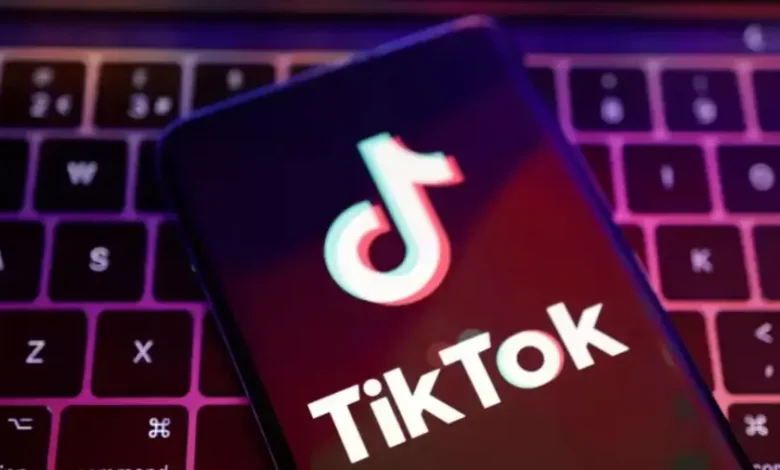TikTok Lifehack Doesn’t Cancel Loans: Experts Debunk Student Debt Erasing Myth

After a long period of moratoriums on the collection of student loans introduced during the pandemic, the US Department of Education resumed active collection of overdue debts in May of this year. Against this background, videos began to gain popularity on TikTok, in which authors offer allegedly “legal” ways to avoid payments by filing complaints with credit bureaus. Such tips quickly become viral, but experts warn: these methods have no legal basis, and the consequences can be serious and long-term.
The position of specialists: why life hacks do not work
Professionals from the National Association of Student Financial Aid Administrators (NASFAA) indicate, that student debt remains valid even if the borrower manages to temporarily remove information about it from the credit report. They warn: the loan itself continues to exist in the accounts of the creditor, be it the Ministry of Education and Science, or a private financial institution.
Analysts explain that asking a credit bureau to remove a record based on an alleged violation of FERPA (Family Educational Rights and Privacy Act) is legally incorrect. According to education law experts, FERPA does not regulate financial obligations and is not a basis for loan discharge. It only guarantees the confidentiality of the student’s academic information.
Financial advisors caution that even if the record is temporarily expunged, the debt doesn’t go away — it accumulates in the form of penalties, interest and potential court costs. Such actions can affect your credit rating, access to new loans, mortgages, or even rental housing.
Lawyers who work with borrowers in arrears emphasize: in the case of systematic disregard of obligations, the loan can be transferred to collection agencies or become the basis for filing a civil lawsuit. In some cases, federal agencies can enforce debt collection by withholding tax refunds or even a portion of wages.
Financial experts recommend not to be guided by unverified advice from social networks, but to use existing restructuring and load reduction tools. They stress that going to a professional counselor is a much safer route than trying to bypass the system through spurious complaints.
Alternatives that really work
Experts on educational lending advise to pay attention to programs that have a state or institutional basis. Among them:
– income-dependent repayment plans (IDR), which allow you to pay not a fixed amount per month, but a share of the income, with the possibility of writing off the balance after 20-25 years;
– the PSLF (Public Service Loan Forgiveness) program, which provides for debt cancellation after 10 years of work in the public sector or socially important areas;
– the new SAVE initiative launched by the Biden administration, which allows you to pay nominal amounts based on your income level, while maintaining your status as a payer.
Economists believe that even amid legal challenges to the SAVE program, it remains one of the most promising options for low-income individuals. However, they emphasize that the future of the program depends on political changes in Congress and the White House administration.
What are advised to do instead of life hacks
Debt management experts recommend starting with a transparent review of your own financial situation and contacts with the creditor. They advise you to regularly check your credit report with all three major bureaus (Equifax, Experian, TransUnion), pay attention to the accuracy of the specified amounts, terms and statuses.
In case of errors, submit an official request for correction, but not in order to avoid the obligation, but to prevent the imposition of fines or incorrect formation of the rating.
Specialists also recommend drawing up a personalized repayment schedule with the involvement of an education loan consultant — taking into account changes in income, family composition, current expenses and available benefits.
Financial aid officials stress that a student loan is a legal obligation that doesn’t go away just because it’s not on your credit report. They believe that attempts to circumvent the system with the help of popular videos only delay the solution of the problem and create risks of more serious consequences.
Lawyers and financial analysts agree that being responsible about your debt, participating in proven programs, and strategic planning are the only realistic paths to paying off or paying off your student loans. They recommend avoiding simplistic solutions that promise a quick effect without legal consequences, and choose tools that work in the legal field.





